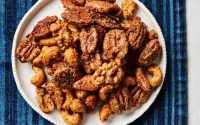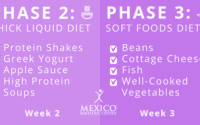Coca Cola Nutrition Facts A Comprehensive Overview
Sugar Content and Health Implications
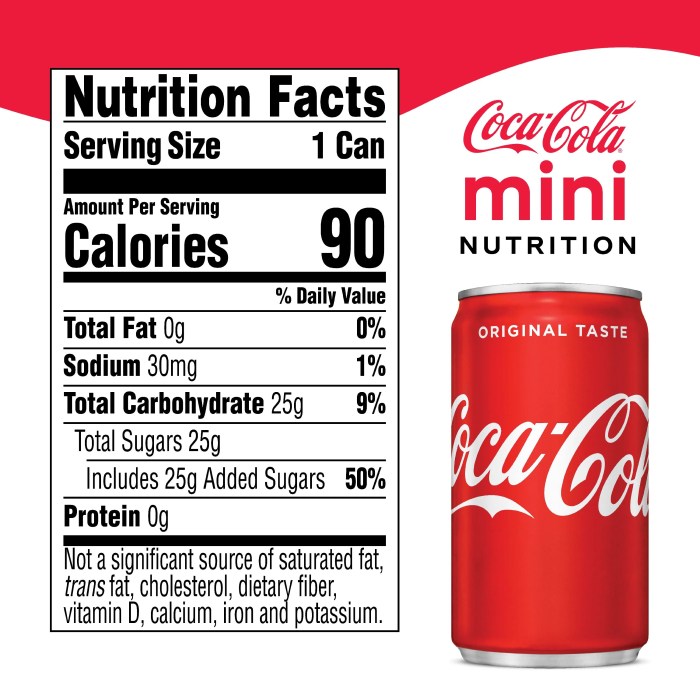
Coca cola nutrition facts – Coca-Cola, like many other soft drinks, contains a significant amount of added sugar. Understanding the sugar content and its potential health consequences is crucial for making informed choices about beverage consumption. This section will explore the potential health risks associated with the high sugar content in Coca-Cola, considering recommended daily intakes and the impact on various aspects of health.The high sugar content in Coca-Cola primarily comes from high-fructose corn syrup, a common sweetener.
A single 12-ounce can of Coca-Cola contains approximately 39 grams of sugar, which is roughly equivalent to 10 teaspoons. This represents a substantial portion of the recommended daily sugar intake.
Recommended Daily Sugar Intake and Coca-Cola Consumption, Coca cola nutrition facts
The American Heart Association (AHA) recommends that added sugar intake should not exceed 25 grams per day for women and 36 grams per day for men. A single serving of Coca-Cola already surpasses the recommended daily intake for many women and contributes significantly to the limit for men. Consuming multiple servings throughout the day can easily lead to excessive sugar consumption, exceeding recommended limits considerably.
For example, consuming two 12-ounce cans of Coca-Cola would provide 78 grams of sugar, far exceeding the recommended daily intake for both men and women.
Effects of Regular Coca-Cola Consumption on Health
Regular consumption of Coca-Cola, due to its high sugar content, can negatively impact various aspects of health.
Weight Management
Excessive sugar intake contributes to weight gain. The high caloric density of sugar, without providing essential nutrients, leads to an energy surplus that the body stores as fat. Studies have linked regular consumption of sugar-sweetened beverages, like Coca-Cola, to increased body weight and obesity. For instance, a long-term study might show a correlation between daily Coca-Cola consumption and a higher BMI (Body Mass Index) compared to individuals who consume less or no sugary drinks.
Dental Health
The sugar in Coca-Cola provides a readily available food source for bacteria in the mouth. These bacteria produce acids that erode tooth enamel, leading to cavities and dental problems. The acidity of Coca-Cola itself also contributes to enamel erosion. Regular consumption increases the risk of developing dental caries and other oral health issues. One could visualize this as a constant “acid attack” on the teeth with each sip of the beverage.
Energy Levels
While Coca-Cola might provide a temporary energy boost due to the sugar rush, this is followed by an energy crash. This is because the rapid increase in blood sugar leads to a corresponding surge in insulin, which quickly lowers blood sugar levels, resulting in fatigue and decreased energy. This pattern of energy spikes and crashes can contribute to mood swings and decreased overall energy levels throughout the day.
Imagine the feeling of a rollercoaster: a sudden high followed by a significant drop. This is analogous to the energy fluctuations experienced after consuming sugary drinks.
Ingredients and Additives
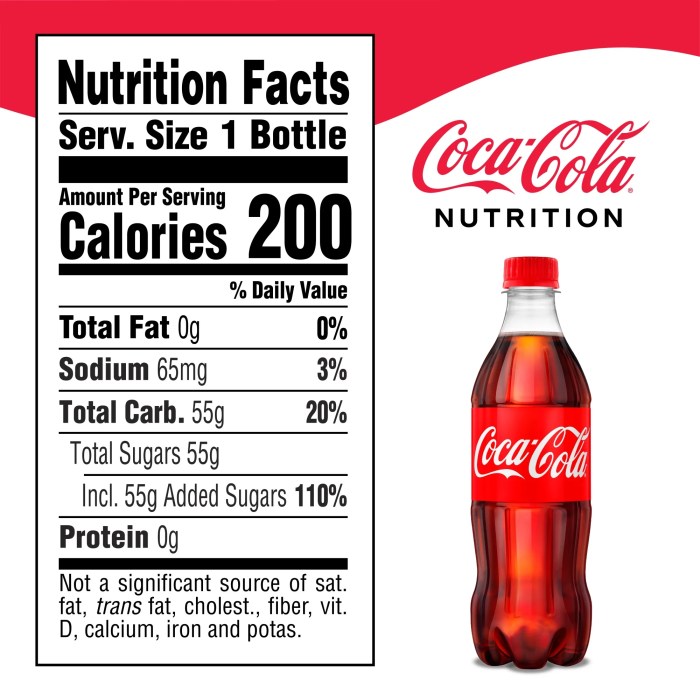
Coca-Cola’s familiar taste comes from a specific blend of ingredients. Understanding these components, both natural and artificial, is crucial for a complete picture of the beverage. This section will detail the purpose of each ingredient and discuss the potential effects of artificial sweeteners and additives.
The primary ingredients in Coca-Cola are carbonated water, high fructose corn syrup (or sugar, depending on the region and formulation), caramel color, phosphoric acid, caffeine, and natural flavors. These ingredients contribute to the drink’s characteristic fizz, sweetness, color, tartness, stimulating effect, and overall flavor profile. Beyond these core components, various other additives may be present, depending on the specific Coca-Cola product and local regulations.
Specific Ingredient Functions
Let’s examine the role of each major ingredient in more detail. Carbonated water provides the fizz and base for the beverage. High fructose corn syrup (or sugar) provides sweetness. Caramel color gives Coca-Cola its distinctive brown hue. Phosphoric acid contributes to the tartness and acts as a preservative.
Caffeine provides a stimulating effect. Natural flavors are a proprietary blend of extracts and compounds designed to create the characteristic Coca-Cola taste. While the exact composition of these natural flavors remains a trade secret, they generally consist of various plant-based extracts and flavor compounds.
Understanding Coca-Cola’s nutritional content is crucial for making informed choices. While Coca-Cola is primarily known for its sugar content, comparing it to other beverages is insightful. For instance, a look at the twisted tea nutrition facts reveals a different nutritional profile, highlighting the variations in sugar and calorie content across different types of ready-to-drink beverages. Returning to Coca-Cola, awareness of its nutritional makeup allows for better dietary management.
Artificial Sweeteners and Additives
While the classic Coca-Cola formula primarily uses sugar or high fructose corn syrup for sweetness, some variations, particularly diet or zero-sugar versions, utilize artificial sweeteners. These are typically high-potency sweeteners such as aspartame, acesulfame potassium, or sucralose. These artificial sweeteners are designed to provide sweetness with significantly fewer calories than sugar. However, some studies have explored potential long-term health effects associated with artificial sweeteners, though research remains ongoing and inconclusive on the subject.
Other additives, such as preservatives and emulsifiers, may also be present in minimal quantities to maintain product stability and quality.
Comparison to Similar Beverages
Comparing Coca-Cola’s ingredient list to other similar carbonated soft drinks reveals both similarities and differences. Many cola beverages share a similar core composition, including carbonated water, a sweetener (sugar or high fructose corn syrup), coloring agents, and acids to provide tartness. However, the specific types and proportions of these ingredients, as well as the inclusion of additional flavorings and additives, can vary significantly between brands.
- Pepsi: Shares a very similar ingredient profile to Coca-Cola, with variations primarily in the specific blend of natural flavors and the type of acid used (citric acid is often used in Pepsi).
- Other Cola Brands: Many other cola brands utilize similar ingredients, with variations in the precise blend of flavors and sweeteners to achieve their unique taste profiles.
- Non-Cola Carbonated Drinks: These beverages will differ significantly, featuring different sweeteners, flavorings (fruit juices, extracts), and potentially different acidifying agents.
Alternative Beverage Options
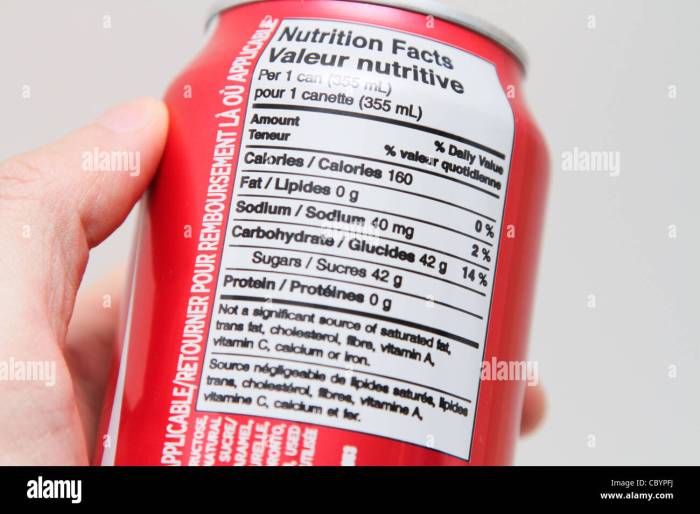
Choosing healthier alternatives to Coca-Cola can significantly improve your overall health and well-being. Many delicious and refreshing options exist that provide essential nutrients and fewer empty calories compared to sugary sodas. Exploring these alternatives can help you make informed choices about your beverage consumption.
Healthier Beverage Alternatives and Their Nutritional Content
The following table details several healthier beverage alternatives to Coca-Cola, highlighting their nutritional content and potential health benefits. Note that nutritional information can vary depending on brand and serving size.
| Beverage | Calories (per serving) | Sugar (per serving) | Potential Health Benefits |
|---|---|---|---|
| Water | 0 | 0 | Essential for hydration, aids digestion, helps regulate body temperature. |
| Unsweetened Tea (Green, Black, Herbal) | 0-5 | 0 | Rich in antioxidants, may boost metabolism, can promote heart health. |
| Unsweetened Coffee | 0-5 | 0 | May improve alertness and cognitive function, contains antioxidants. |
| 100% Fruit Juice (limited portions) | Variable | Variable | Source of vitamins and minerals, but high in natural sugars; moderation is key. |
| Milk (Skim or Low-Fat) | 80-120 | Variable | Excellent source of calcium and protein, supports bone health. |
| Infused Water (with fruits or vegetables) | 0-5 | 0 | Hydrating and flavorful, provides additional nutrients depending on the infusion. |
Taste and Appeal Comparison
The taste and appeal of Coca-Cola are undeniably distinct, characterized by its sweetness, carbonation, and unique flavor profile. However, healthier alternatives can also be enjoyable and satisfying.
- Water, while lacking the sweetness and carbonation of Coca-Cola, offers a clean and refreshing taste that many find appealing, especially when infused with fruits or vegetables.
- Unsweetened tea and coffee provide a more complex and nuanced flavor profile, with options ranging from subtly bitter to subtly sweet depending on the type and preparation.
- 100% fruit juice offers a naturally sweet taste, though it’s important to remember that the sugar content can be high. Diluting it with water can help to reduce the sugar intake.
- Milk provides a creamy and slightly sweet taste, especially when combined with other ingredients like cereal or coffee.
- Infused water offers a versatile flavor experience, allowing for customization based on individual preferences.
Price Comparison per Serving
The price of beverages can vary significantly depending on brand, location, and packaging. The following table provides a general comparison of the approximate price per serving for Coca-Cola and some of its healthier alternatives. These are estimates and may vary based on location and retailer.
| Beverage | Approximate Price per Serving |
|---|---|
| Coca-Cola (12 oz can) | $1.00 – $1.50 |
| Water (12 oz bottle) | $0.50 – $1.00 |
| Unsweetened Tea (16 oz bottle) | $1.00 – $2.00 |
| Unsweetened Coffee (16 oz cup) | $1.50 – $3.00 (depending on location) |
| Milk (1 cup) | $0.50 – $1.00 |
| 100% Fruit Juice (8 oz serving) | $1.00 – $2.00 |
Key Questions Answered: Coca Cola Nutrition Facts
Does Coca-Cola contain caffeine?
Yes, Coca-Cola contains caffeine, although the exact amount can vary slightly depending on the serving size and specific product.
Is Coca-Cola suitable for people with diabetes?
Due to its high sugar content, Coca-Cola is generally not recommended for people with diabetes. Diabetics should consult their doctor or a registered dietitian for personalized advice.
Are there diet versions of Coca-Cola with fewer calories?
Yes, Coca-Cola offers diet versions, such as Diet Coke, which typically use artificial sweeteners to reduce or eliminate sugar and calories.
What are the long-term effects of drinking Coca-Cola regularly?
Regular consumption of Coca-Cola can contribute to weight gain, dental problems, and other health issues due to its high sugar and calorie content. Moderation is key.
Does Coca-Cola contain any artificial colors or preservatives?
The specific ingredients vary by region and product, but many Coca-Cola products do contain artificial colors and preservatives. Check the ingredient list on the specific product you are considering.

